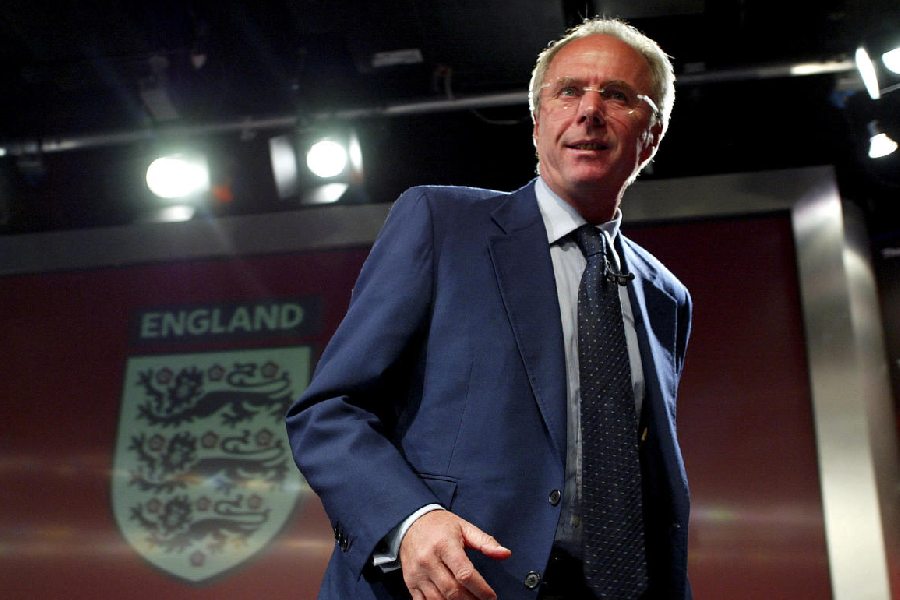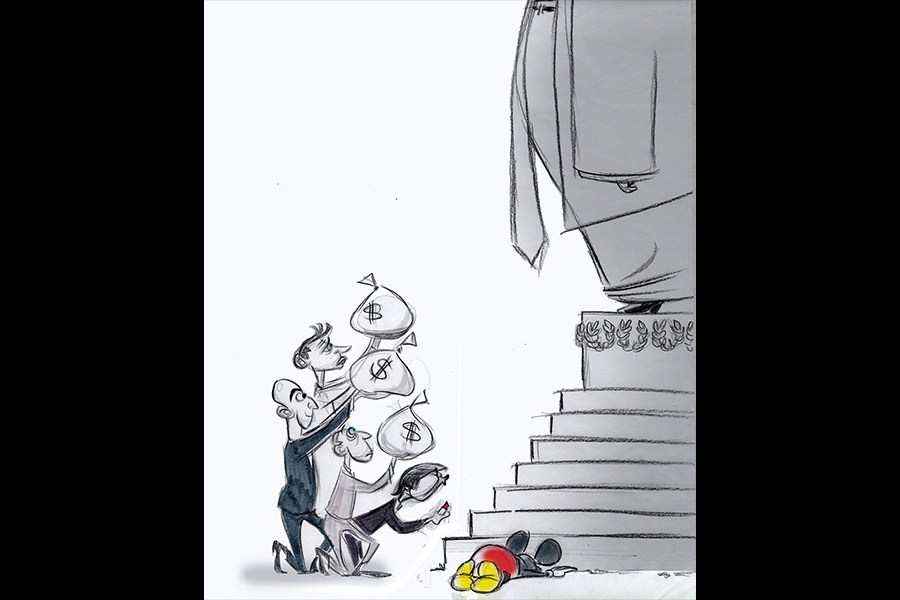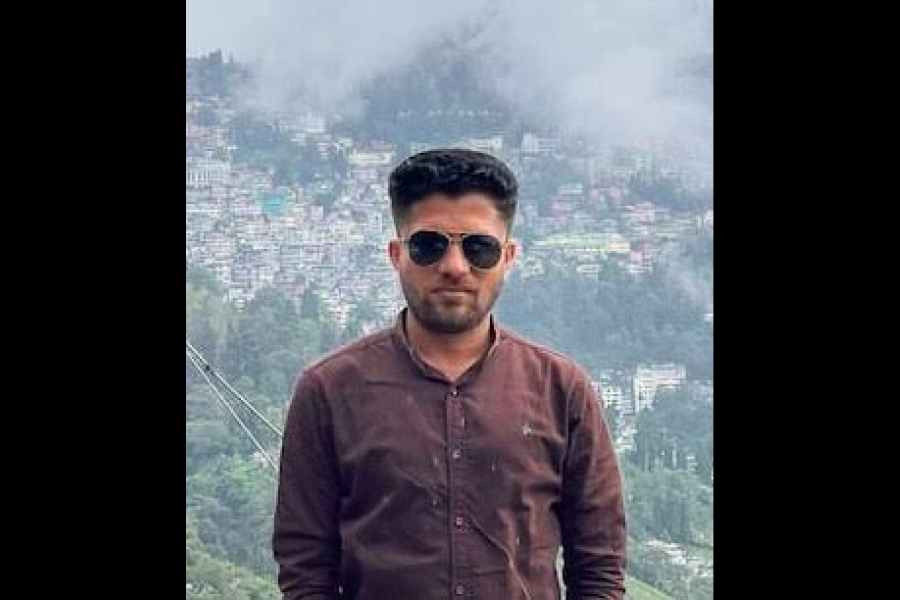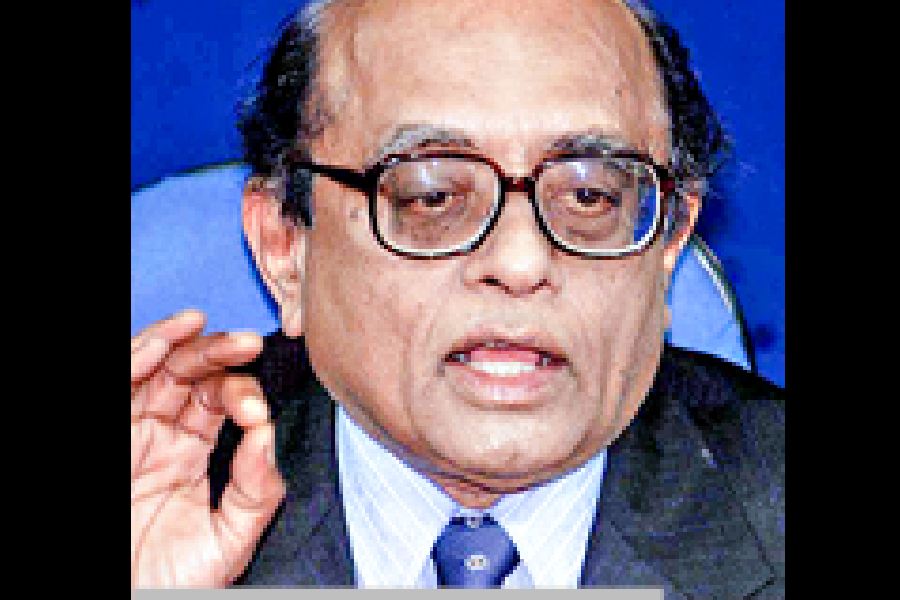Sven-Goran Eriksson, the Swedish football manager who spent five years as England’s first-ever foreign-born coach after making his name winning trophies at club level in Italy, Portugal and Sweden, died on Monday. He was 76.
Eriksson died at home surrounded by his family, his agent Bo Gustavsson revealed.
His death followed eight months after he revealed he had been diagnosed with pancreatic cancer and had at most one year to live.
Fondly known as “Svennis” in his native Sweden, Eriksson had a modest, nine-year playing career before retiring at the age of 27 and embarking on what proved to be a nomadic coaching career that reached its peak when he was hired by England in 2001.
Within months, he led an underachieving team to a stunning signature win — 5-1 against Germany in Munich in a World Cup qualifying game.
Eriksson led what was regarded as a “golden generation” of players, including David Beckham, Steven Gerrard and Wayne Rooney, at the World Cups in 2002 and 2006 and got the team to the quarter-finals at both tournaments before elimination by Brazil and Portugal, respectively.
In the only other major tournament under Eriksson — the European Championship in 2004 — England were also ousted at the quarter-final stage, by Portugal and via a penalty shootout like at the World Cup in 2006.
Eriksson’s tenure in one of world football’s most high-profile jobs was remembered almost as much for what happened off the field as on it. He had two affairs — one with Swedish TV personality Ulrika Jonsson and the other with a secretary at the Football Association, Faria Alam — which kept England’s gossip-hungry newspapers busy.
“My private life was not very private in England,” Eriksson said in 2018.
At Swedish team IFK Gothenburg, he won the league-and-cup double in 1982 and capped a stunning season by also capturing the now-defunct Uefa Cup.
Eriksson won back-to-back Portuguese titles in an initial two-year stint with Benfica (1982-84), as well as the Portuguese Cup in 1983, and returned there to reach the European Cup final in 1990 — losing to AC Milan — and win the league again in 1991.
It was in Italy where he became a major coaching name, primarily at Lazio after spells at Roma (1984-87) and Sampdoria (1992-97) — where he won Italian Cups — and Fiorentina (1987-89).
At Lazio from 1997-2001, he led the team to only its second league title — in 2000 — after a late-season collapse by Juventus, as well as two Italian Cups and the last-ever edition of the European Cup Winners’ Cup (in 1999).
Eriksson finished his coaching career by managing two clubs in China — Guangzhou and Shanghai SIPG — and more recently had the role of sporting director at
Karlstad, a team in Sweden’s third division, before announcing in February 2023 that he’d be standing down for health reasons.
They became widely known 11 months later when Eriksson told Swedish Radio he had terminal cancer, saying: “At best I have maybe a year, at worst maybe a little less.”
“I could go and think about it all the time and sit at home and be grumpy and think I’m unlucky and so on,” he said. “I think that is easily done, that you end up there.
“No, look at things positively and don’t wallow in adversity. Because this is, of course, the biggest setback.”
Bespectacled and a straight talker, Eriksson was popular with his players throughout his coaching career and was regarded as an excellent man-manager. He exuded a calm authority in the locker room and was never afraid of making big decisions.










